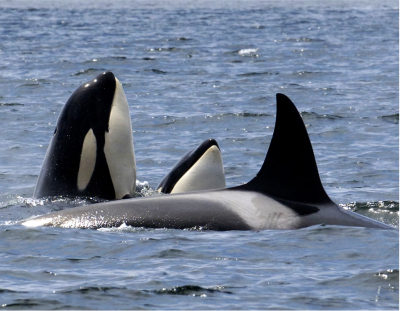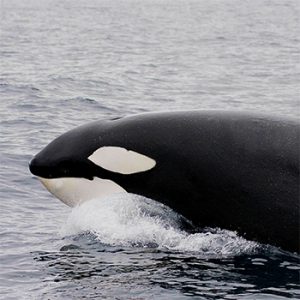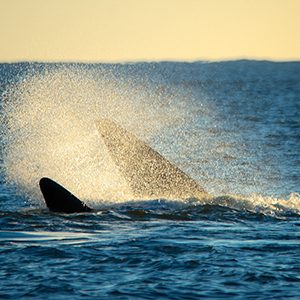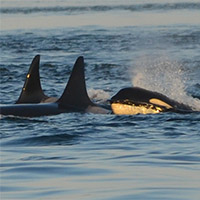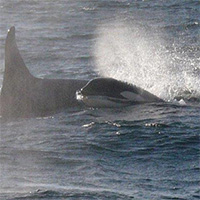Toxic chemicals found in oil spills and wildfire smoke detected in killer whales
Toxic chemicals produced from oil emissions and wildfire smoke have been found in muscle and liver samples from Southern Resident killer whales and Bigg’s killer whales.
“Who stands to benefit?” To engage in deep-sea mining or not. Not, say international scientists
While advocates of deep-sea mining say that the investment is needed to provide the metals needed for a carbon neutral economy, opponents point to the irreparable damage that it would have on the environment.
Climate change fuels accumulation of pollutants in Chinook salmon, killer whales
Southern resident killer whales that exist along the Pacific Northeast Coast eat Chinook salmon, and these two predators are impacted by increased pollutant bioaccumulation driven by climate change
IOF meets with Ambassador of Uruguay to Canada
The group worked on the project proposal for “Cetaceans and Ocean Health in South America: Developing Regional Capacities and Coordination for Mercury Research, Biomonitoring and Mitigation”.
Apex marine predators affected by human-made pollutants and climate change
Human contaminants, exacerbated by climate change, are impacting polar bears, killer whales.
“Whale breath” reveals bacteria threatening endangered killer whales
Bacteria including salmonella and fungi such as penicillium were found in the whales.
